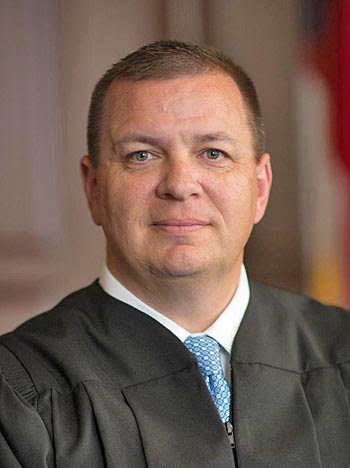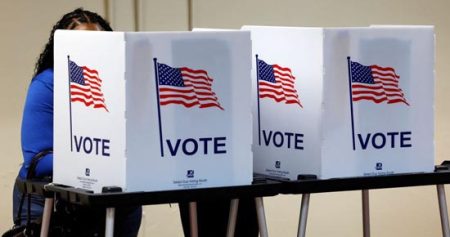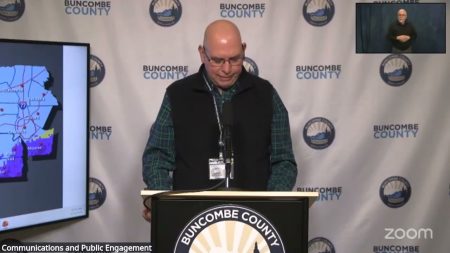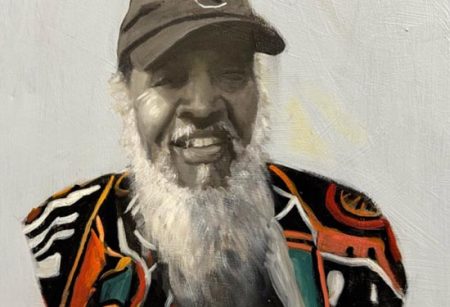GOP Justices Asked to Recuse Themselves in Voter ID Case

By Cash Michaels –
GOP Justices Asked to Recuse Themselves in Voter ID Case
If your father is one of the principals in a major voter ID case coming before your court, should you stand down, rather than raising questions about your court’s impartiality?
That’s the question NC Supreme Court Associate Justice Phil Berger Jr. is facing in the case of NAACP v. Moore and Berger. An order was issued last week for legal briefs dealing with questions about the recusal of two associate justices in the matter. Berger Jr. is one of them.
Justice Berger Jr.’s ability to fairly judge NAACP v. Moore and Berger is at question because one of the defendants is his father, NC Senate President Pro Tem Phil Berger Sr. The NC-NAACP has petitioned the court for Berger Jr. to be recused since he won’t do it himself. The state’s judicial ethics code of ethics requires him to do so if a case involves a close family member, or even the appearance of conflict of interest, but thus far, Berger Jr. shows no signs of stepping off.
Justice Berger Jr. reportedly argues that he should remain because his father is being sued in his official, not personal capacity.
Specifics of the Case
The NC NAACP is suing the NC General Assembly under the legislative leadership of Republicans Berger Sr. and House Speaker Tim Moore concerning passage of the 2018 voter ID amendment. The NC NAACP maintains the legislature was not legally empowered to ratify the amendment, nor is the law derived from it valid, because federal courts had previously ruled that 28 of the voting districts that the then-current legislature comprised were illegal racial gerrymanders. In other words, the legislature that pushed the amendment was itself so gerrymandered that it had no legal authority, according to federal courts; and the subsequent ID law it passed is equally invalid. Both should be overturned.
In the current NAACP case, what is at issue is whether the NC Supreme Court has the authority to force Associate Justice Berger Jr. to recuse himself if he refuses to do so voluntarily—in other words, if he ignores the long-standing judicial code of ethics that requires him to do so.
The stakes are high because the NC Supreme Court has a 4-3 Democrat/Republican split. If Berger Jr. is removed, then at least one GOP conservative judge will not hear the case, and conservatives are desperately trying to keep that from happening.
They also very much want Berger Jr. to stay put so that not only the voter ID amendment, but the 2018 voter ID law that it is based on, remains intact.
Interestingly, this is all happening after a three-judge state Superior Court panel ruled recently that the 2018 voter ID law was unconstitutional because of its negative effect against Black and brown voters. That ruling is expected to be appealed.

A Second Justice Recusal
Justice Berger Jr. isn’t the only Republican associate justice on the recusal hot seat. Associate Justice Tamara Barringer is a Republican former state senator who served just before being elected to the state Supreme Court in 2020. She also is facing questions about her ability to fairly rule, given her previous legislative involvement in voting for the 2018 voter ID amendment and law.
The oral argument in NAACP v. Moore before the state Supreme Court was pulled from the court calendar in late August when neither Berger, Jr. nor Barringer responded to recusal inquiries, thus putting the rest of the court in the position of having to decide for them.
Ultimately, if Associate Justices Berger, Jr. and Barringer are forced to recuse themselves, the high court’s 4-3 partisan split dramatically drops to 4-1 for this case, setting a precedent that could automatically affect subsequent cases.







